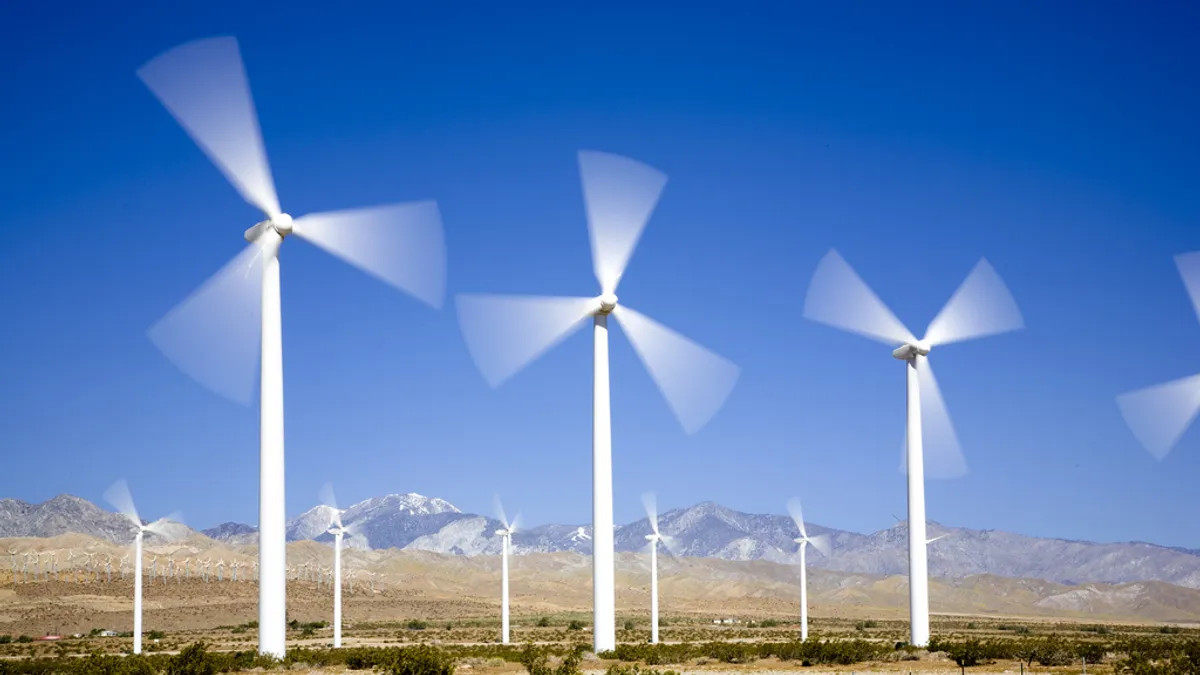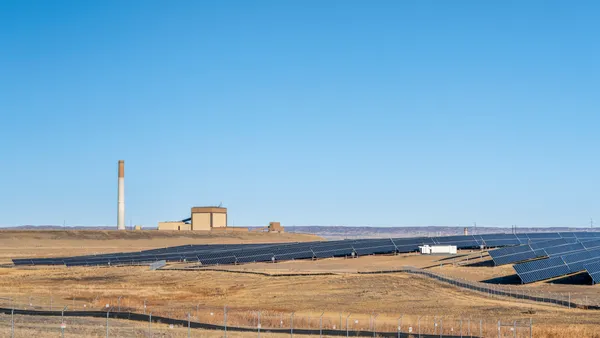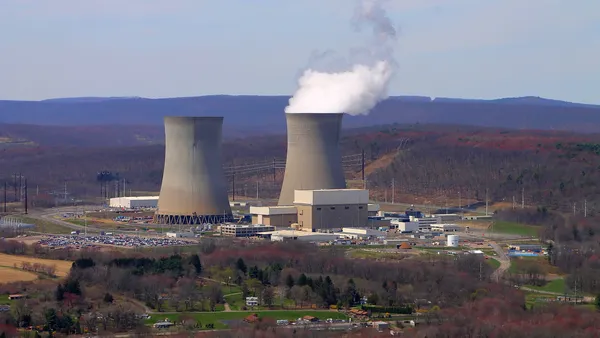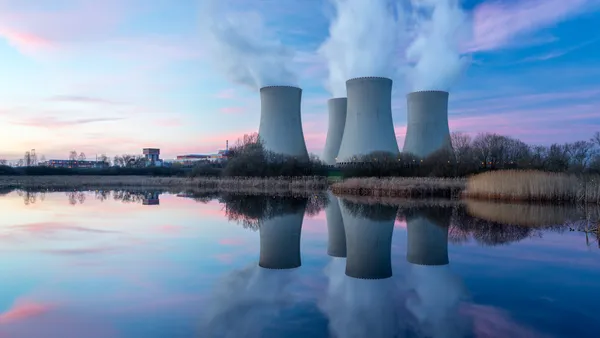Dive Brief:
- The United States and Brazil jointly pledged Tuesday to take stronger action to reduce greenhouse gas emissions and global climate change, with President Obama committing the country to reduce its emissions by 26% to 28% below 2005 levels within a decade.
- The U.S. and Brazil are both targeting 20% renewable energy by 2030, excluding hydropower resources, and Brazil will also work to restore 12 million hectares of forests by 2030.
- China issued a 20% renewables goal as well, in addition to committing to lowering carbon dioxide emissions by 60% to 65% relative to the GDP.
Dive Insight:
The United States and Brazil issued a joint statement on Tuesday, each committing to bolstering renewables and reducing greenhouse gas emissions. At the same time, China released its own 15-year climate change plan that includes rebuilding forests and cutting carbon output.
As the Washington Post points out, those three nations are all top-10 greenhouse gas emitters, making yesterday something of a banner day for the planet's health. And to top it off, Korea announced a plan to reduce its greenhouse gas emissions by 37% by 2030.
In their joint statement, President Barack Obama and Brazil's President Dilma Rousseff said climate change is hurting economies and health in both of their countries.
“The global scientific community has made clear that human activity is already changing the world’s climate system, causing serious impacts, putting ever larger numbers of people at risk, posing challenges to sustainable development, affecting particularly the poor and most vulnerable, and harming economies and societies around the world,” they wrote.
Among the clean energy initiatives, the two countries will work together to support smart grid initiatives and the use of energy efficient building materials in buildings and improve industrial energy efficiency, “including through increased adoption of energy management and efficient energy storage systems, including batteries.”















